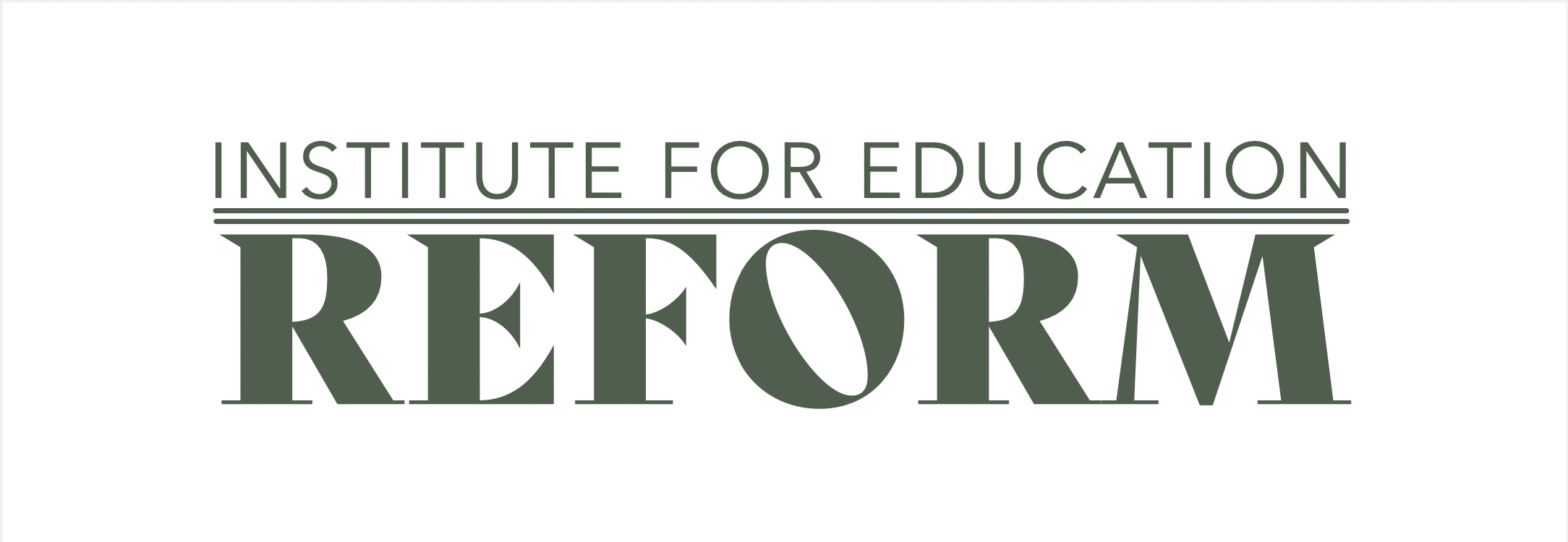Teacher unions love to gaslight well-intended taxpayers by painting any attempt to limit their corrosive influence as “anti-education.” They claim that quality public education, and the well-being of teachers, are synonymous with how much money and influence unions are allowed to maintain.
This is a far cry from the reality. Your local National Education Association (NEA) affiliate exists to funnel money into a powerful political machine, not to represent classroom teachers. No one understands this better than state lawmakers, who recognize that even the smallest move to curtail union power will have the political machine aimed at their re-election campaign.
Consider this selection from a recent article at American Greatness.
Americans for Fair Treatment, a national nonprofit organization that educates public employees about their rights in a unionized workplace, recently released a report detailing the National Education Association’s (NEA) financial filings from Sept. 1, 2022, through Aug. 31, 2023.
The NEA declared that its political spending totaled $50.1 million during the fiscal year, though the true number is much higher. During the most recent reporting period, the union disclosed that it spent “$126.3 million on ‘contributions, gifts, and grants,’ which is where most unions detail their charitable giving.”
However, a closer look at the union’s “contributions, gifts, and grants” shows that the NEA is directing more money towards political causes than it reports. For example, the union contributed $4.1 million to the State Engagement Fund, a progressive advocacy group, and $3.5 million to For Our Future, a Democratic super PAC. Another $500,000 was donated to the Color of Change Education Fund, which has ties to progressive billionaire George Soros.
The disclosure also reveals that the union spent $10 million more on politics and lobbying than it did representing its members. While NEA’s representational spending increased by about $2 million compared to the previous reporting period, spending on politics and lobbying increased by $8.5 million.
